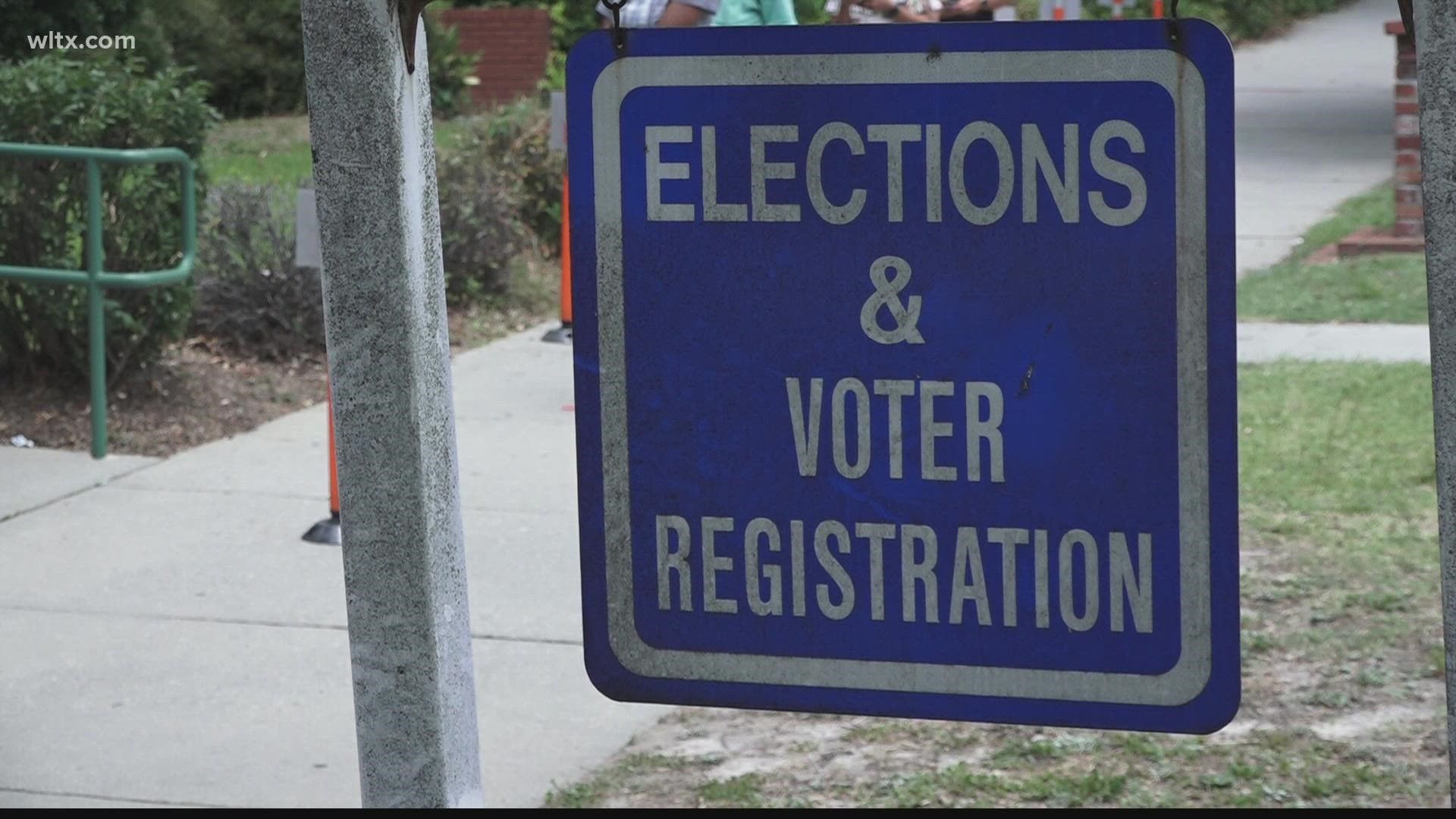COLUMBIA, S.C. — The American Civil Liberties Union is calling a recent settlement with South Carolina a victory for voting rights that will impact the state's House district lines.
According to an announcement provided by the South Carolina office of the ACLU, previously drawn lines "discriminated against Black communities in the state and denied Black voters equal opportunity to participate in the political process and elect candidates of their choice."
That's why a lawsuit was filed on behalf of the South Carolina State Conference of the NAACP and an individual voter who alleged racial gerrymandering and intention discrimination in 29 districts with the goal of diluting voting power in Black communities.
Specifically, the lawsuit claimed that the House plan constituted racial gerrymandering in violation of the 14th Amendment and that it intentionally discriminated on the basis of race in violation of the 14th and 15th amendments.
The settlement means that no party claims knowledge of any wrongdoing but both sides work together to fix the district map issues which will be sent to the governor for official approval.
The ACLU said that the new maps will "restore Block voters' opportunity" to elect candidates in Orangeburg, Richland, Kershaw, Dillon, and Horry counties."
"Today is a victory for the Black community in South Carolina," SC NAACP president Brenda Murphy said. "Today marks a historical occasion: our political leadership has listened to our grievances and is working to create a more equitable political landscape."
The settlement maps will ultimately apply to all House elections beginning in 2024 and those that follow unless superseded by future legislation. Special elections before that time in the House will be conducted on the plan in effect for the November 2022 general election.
"This agreement is a historic victory for South Carolina voters and the constitutional guarantee of fair maps," ACLU attorney Somil Trivedi said in Thursday's statement. "State legislatures hold so many critical rights in their hands, making it all the more vital that the people choose those representatives — not the other way around.”
But while the ACLU saw the new maps as a positive development, the organization's legal director for South Carolina saw it as a situation that shouldn't need repeating.
“Any redistricting map that arises exclusively from self-interested politicians will inevitably fail voters," Allen Chaney said in a provided statement. "While I am certainly pleased by this settlement, the voters need the next South Carolina redistricting process to be more independent, transparent, and accountable.”

